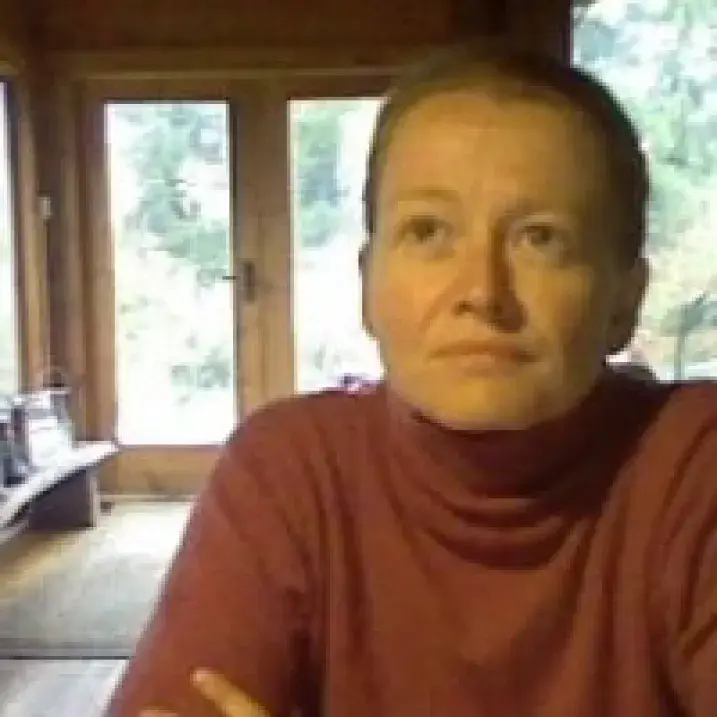BIO
Georgina McAllister is Assistant Professor in Stabilisation Agriculture at the Centre for Agroecology, Water & Resilience, Coventry University.
George has a PhD in Stabilisation Agriculture from the Centre for Agroecology, Water & Resilience. This research, questioning technocratic 'stabilisation', investigates the transformative potential of agroecological learning and practice for building trust and cohesion in co-called fragile conflict-affected or disaster-prone environments. With her roots in Northern Ireland's structural and sectarian violence, and a subsequent NGO background transitioning from humanitarian to 'development' work since the early 1990s in the Former Yugoslavia - George developed an interest in co-creating more inclusive and sustainable forms of community engagement, which view ecology and its hosts as part of a long-term solution. This, perhaps invariably, drew her to agroecology, providing the foundation for the co-development of plant-based livelihoods approaches with farmers and civil society organisations - grounded in questions of land, social, epistemic and gender justice. This co-learning with civil society networks combined with a politically ecology lens has led her back to working in conflict-affected and hazard-prone environments - from farming communities in Zimbabwe to Gaza - where she continues to work in support of agrarian change for food sovereignty.
Bio
Georgina McAllister is Assistant Professor in Stabilisation Agriculture at the Centre for Agroecology, Water & Resilience, Coventry University.
George has a PhD in Stabilisation Agriculture from the Centre for Agroecology, Water & Resilience. This research, questioning technocratic 'stabilisation', investigates the transformative potential of agroecological learning and practice for building trust and cohesion in co-called fragile conflict-affected or disaster-prone environments. With her roots in Northern Ireland's structural and sectarian violence, and a subsequent NGO background transitioning from humanitarian to 'development' work since the early 1990s in the Former Yugoslavia - George developed an interest in co-creating more inclusive and sustainable forms of community engagement, which view ecology and its hosts as part of a long-term solution. This, perhaps invariably, drew her to agroecology, providing the foundation for the co-development of plant-based livelihoods approaches with farmers and civil society organisations - grounded in questions of land, social, epistemic and gender justice. This co-learning with civil society networks combined with a politically ecology lens has led her back to working in conflict-affected and hazard-prone environments - from farming communities in Zimbabwe to Gaza - where she continues to work in support of agrarian change for food sovereignty.
